PDF chapter test TRY NOW
Consumer
Consumer is a person who purchases goods and services for personal use or to earn his livelihood through self-employment.
- When you go with your family to purchase clothes for you and your family, you become a consumer i.e you buy for your own use.
- A person who purchases an auto-rickshaw to ply it himself on hire for earning his livelihood would be a consumer.
Example:
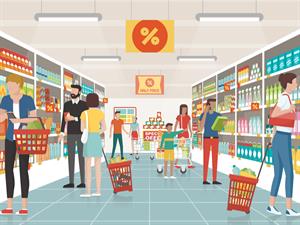
Who is not a Consumer?
A person is not a consumer if he/she:
-Purchases any goods or avails any service free of cost;
-Purchases a good or hires a service for commercial purpose;
A person is not a consumer if he/she:
-Purchases any goods or avails any service free of cost;
-Purchases a good or hires a service for commercial purpose;
-Avails any service under the contract of services.
World Consumer Rights Day is celebrated every 15th March. The idea of World Consumer Rights Day was inspired by President John F Kennedy. On March 15, 1962, President John F Kennedy sent a special message to the US Congress formally addressing the issue of consumer rights.
In India every year 24th December is celebrated as the National consumer rights day because in this day the consumer protection act 1986 got its approval from the President.
The main objective of the Consumer Protection Act - 1986 is to provide consumers with effective safeguards against different types of exploitation, such as defective goods, unsatisfactory services, and unfair trade practices.
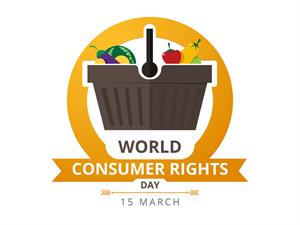
Unfair Trade Practice?
Unfair trade practices refer to doing business using deceptive, fraudulent, or otherwise unethical methods to gain an advantage over competitor or to gain profit.
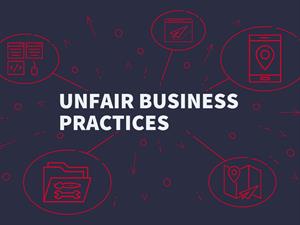
- False representation and misleading advertisement.
- Selling of second hand, renovated goods as new ones, and misleading prices for the goods and services.
- When goods and services are not of stated standard, quality or do not have the claimed warranty.
- Hoardings or destroying goods with the intention of raising the cost of these or similar goods manufactured in greater number so as to manipulate higher prices.
- Manufacturing or offering spurious goods or adopting deceptive practices in the provision of services
- Selling goods which do not fall within the safety standards.
- Offering gifts, prizes, etc. to lure customers with no intention of providing them.
“Goods once sold will not be taken back”
OR
“No exchange”,
OR
“No refund under any circumstances”
It amounts to Unfair Trade Practice and does not carry any legal weight.
“No refund under any circumstances”
It amounts to Unfair Trade Practice and does not carry any legal weight.
Consumer Protection
Consumer protection is the practice of safeguarding purchasers of goods and services, and the public against unfair practices in the marketplace. This is also to prevent the businesses from engaging in unfair practices which gives them an advantage over their competitors.
Consumer protection measures are often established by law. Consumer protection laws are a form of government regulations that aim to protect the rights of consumers in society.
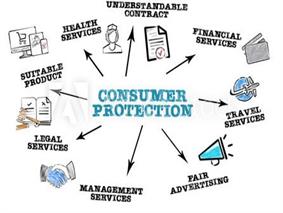
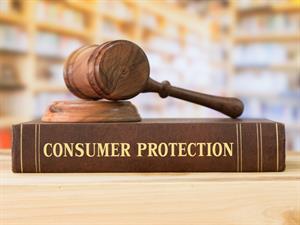
Consumer Protection = Consumer rights + Formation of consumer organizations.
Example:
TRAI - Telecom Regulatory Authority of India - Founded on 1997, headquarter is in New Delhi.
IRDAI - Insurance Regulatory and Development Authority of India - Founded on 1999, headquarter is in Hyderabad.
IRDAI - Insurance Regulatory and Development Authority of India - Founded on 1999, headquarter is in Hyderabad.
SEBI - Securities and Exchange Board of India - Founded on 1992, headquarter is in Mumbai.
Eight Basic Consumer Rights:
1. The Right to Basic Needs
2. The Right to Safety
3. The Right to Information
4. The Right to Choose
5. The Right to Representation
6. The Right to Redress (Redress for unsatisfactory goods and services. A dissatisfied customer is entitled to the 3 Rs, i.e. Repair, Replacement and Refund)
7. The Right to Consumer Education
8. The Right to a Healthy Environment
2. The Right to Safety
3. The Right to Information
4. The Right to Choose
5. The Right to Representation
6. The Right to Redress (Redress for unsatisfactory goods and services. A dissatisfied customer is entitled to the 3 Rs, i.e. Repair, Replacement and Refund)
7. The Right to Consumer Education
8. The Right to a Healthy Environment
